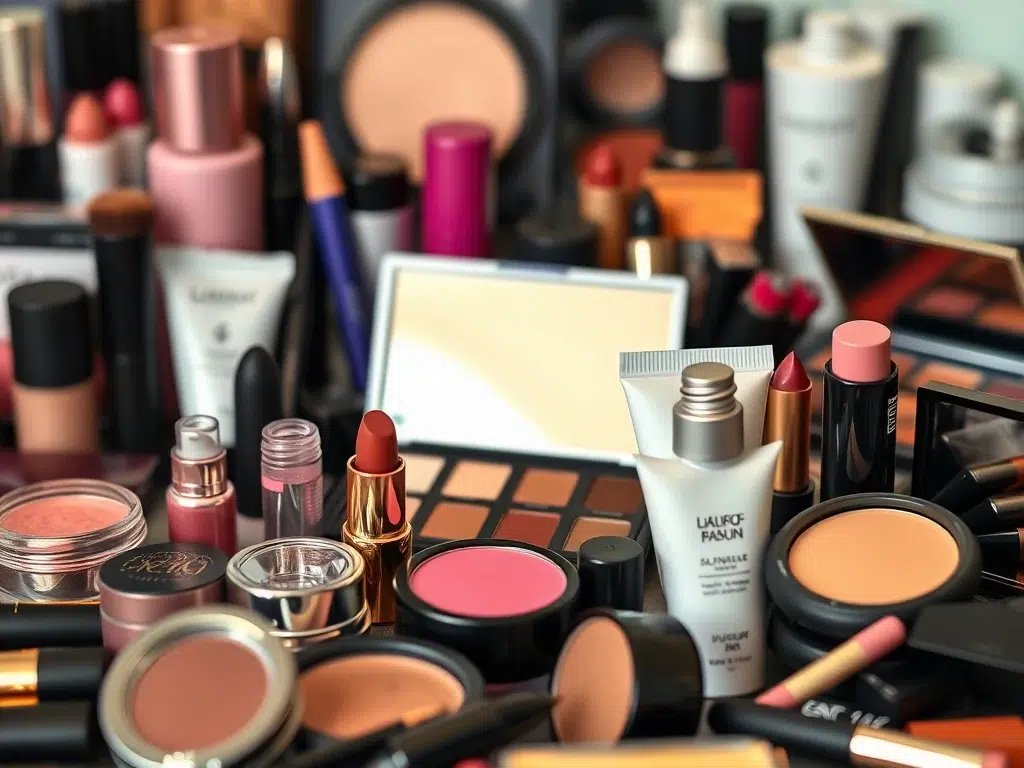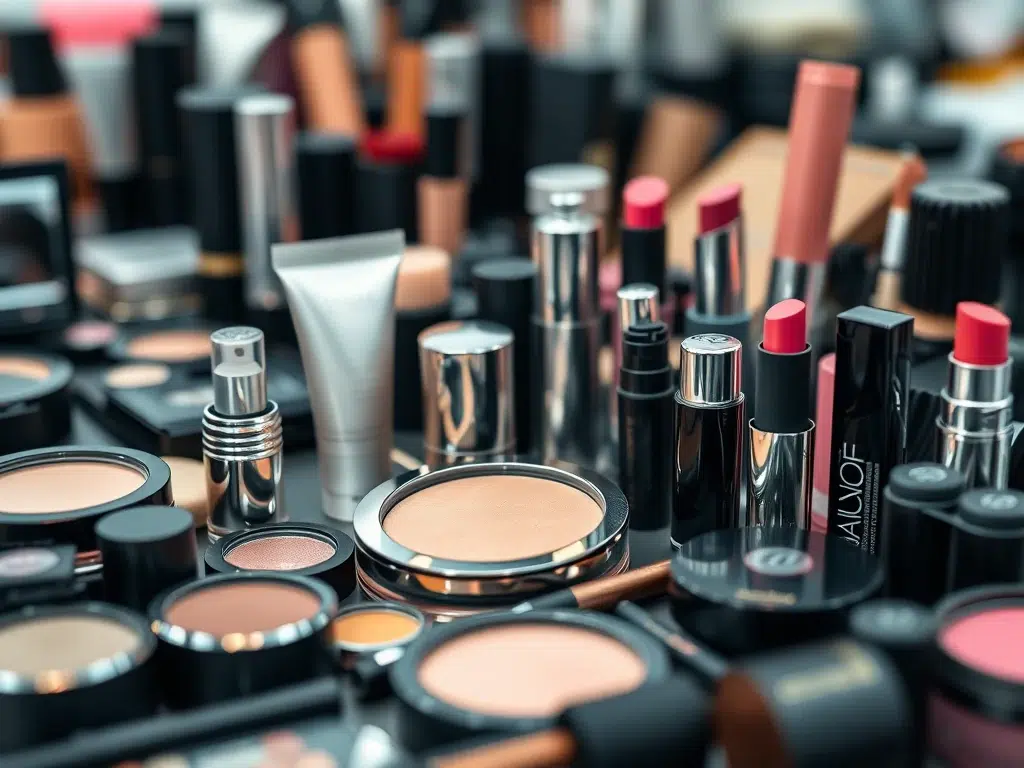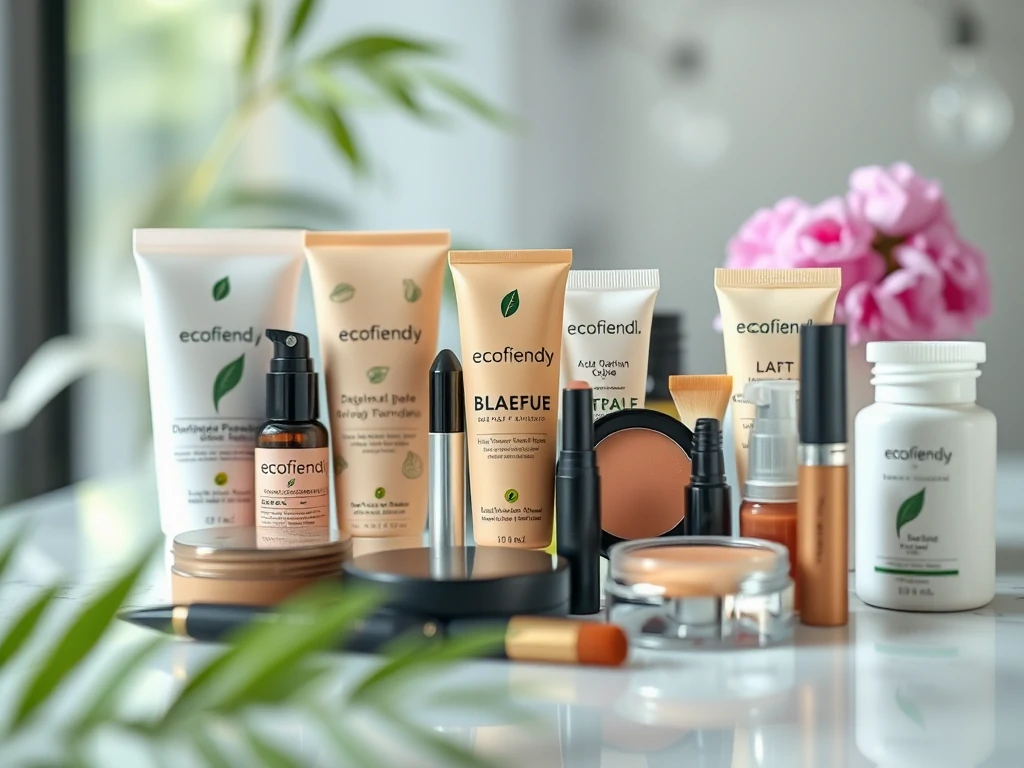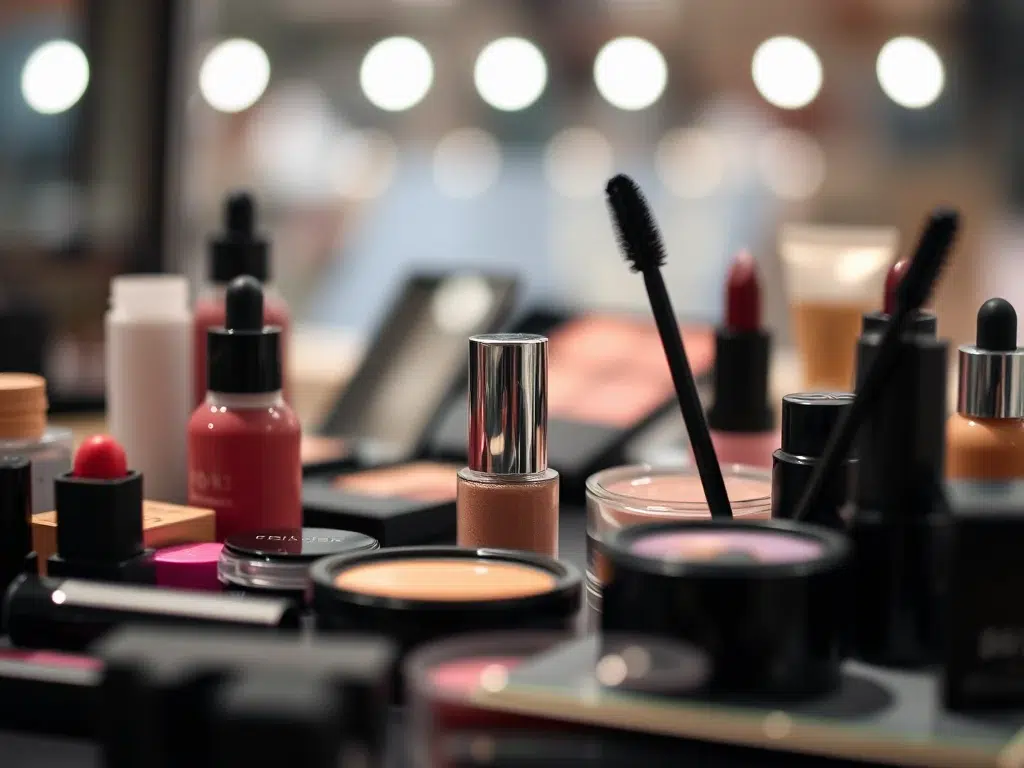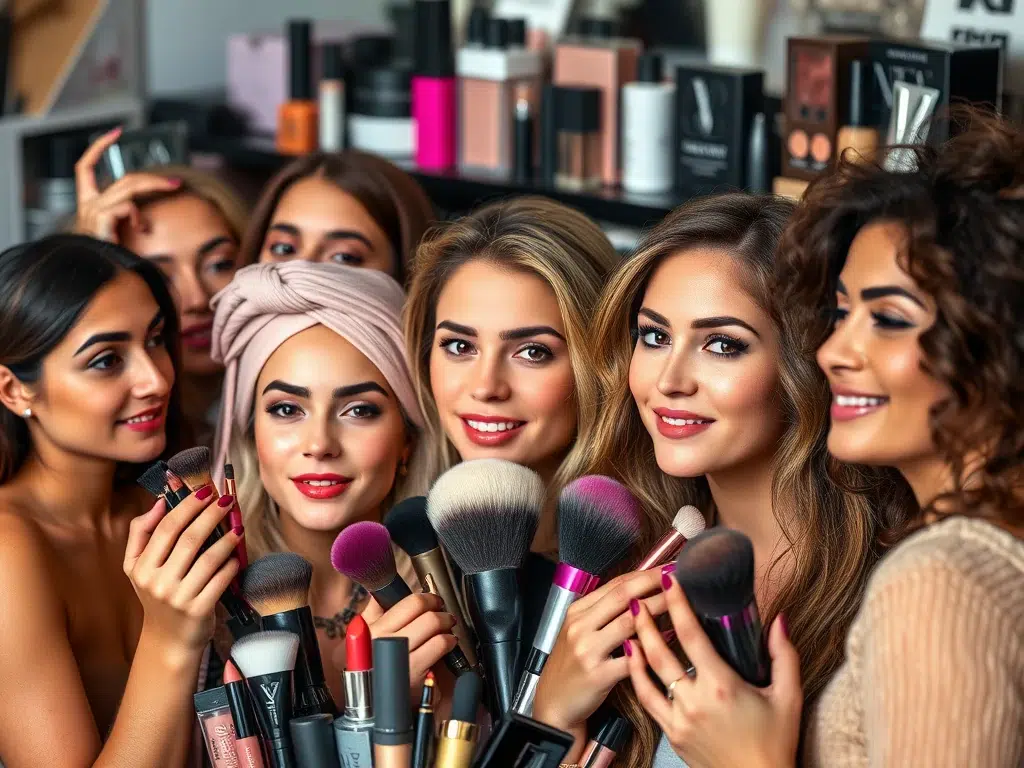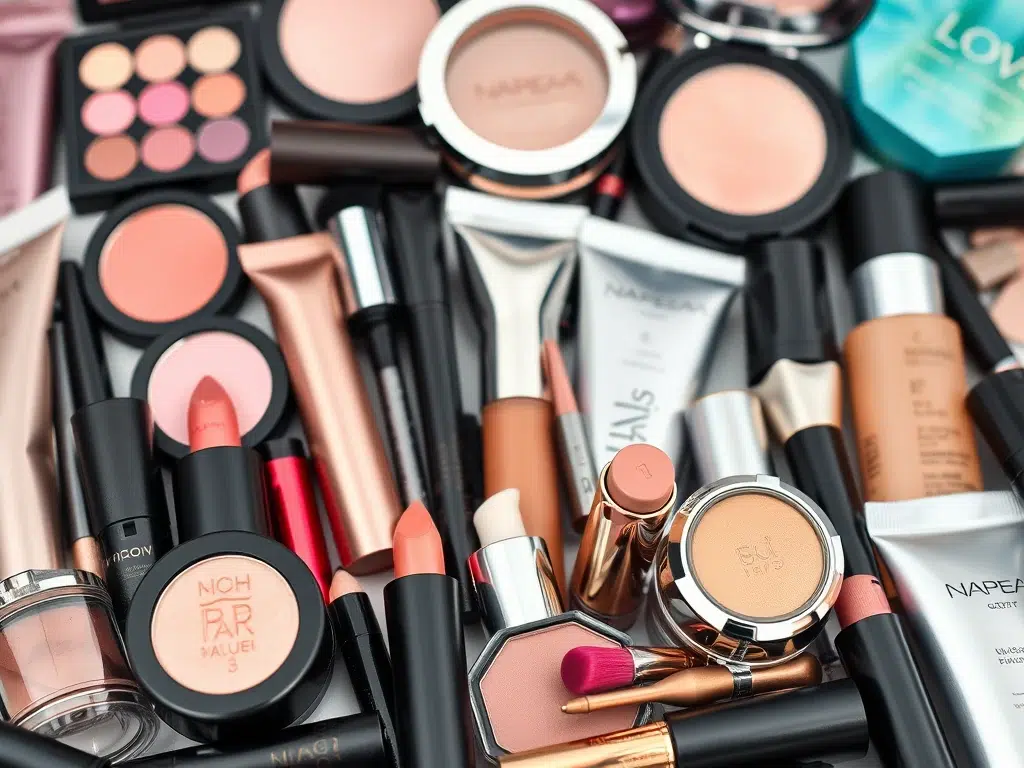Most people wish to start a cosmetics company but don’t know where to begin. However, with modern technology, it is easier than ever. Anybody can learn how to launch and grow a brand with private label cosmetics.
Table of Contents
The private label cosmetics industry has been rising in the recent past. Data shows that private label companies in the U.S. had a market share of 19.3 percent in 2018. Moreover, this figure is expected to rise because more consumers are ready to embrace private label cosmetics products.
Fierce competition has made starting a small and affordable business more challenging. Marketing and selling products has become tough, and making a profit is even more challenging. One of the best ways to stand out is to create a private label cosmetics company.
This article will discuss why a private label company is an affordable business for starters.
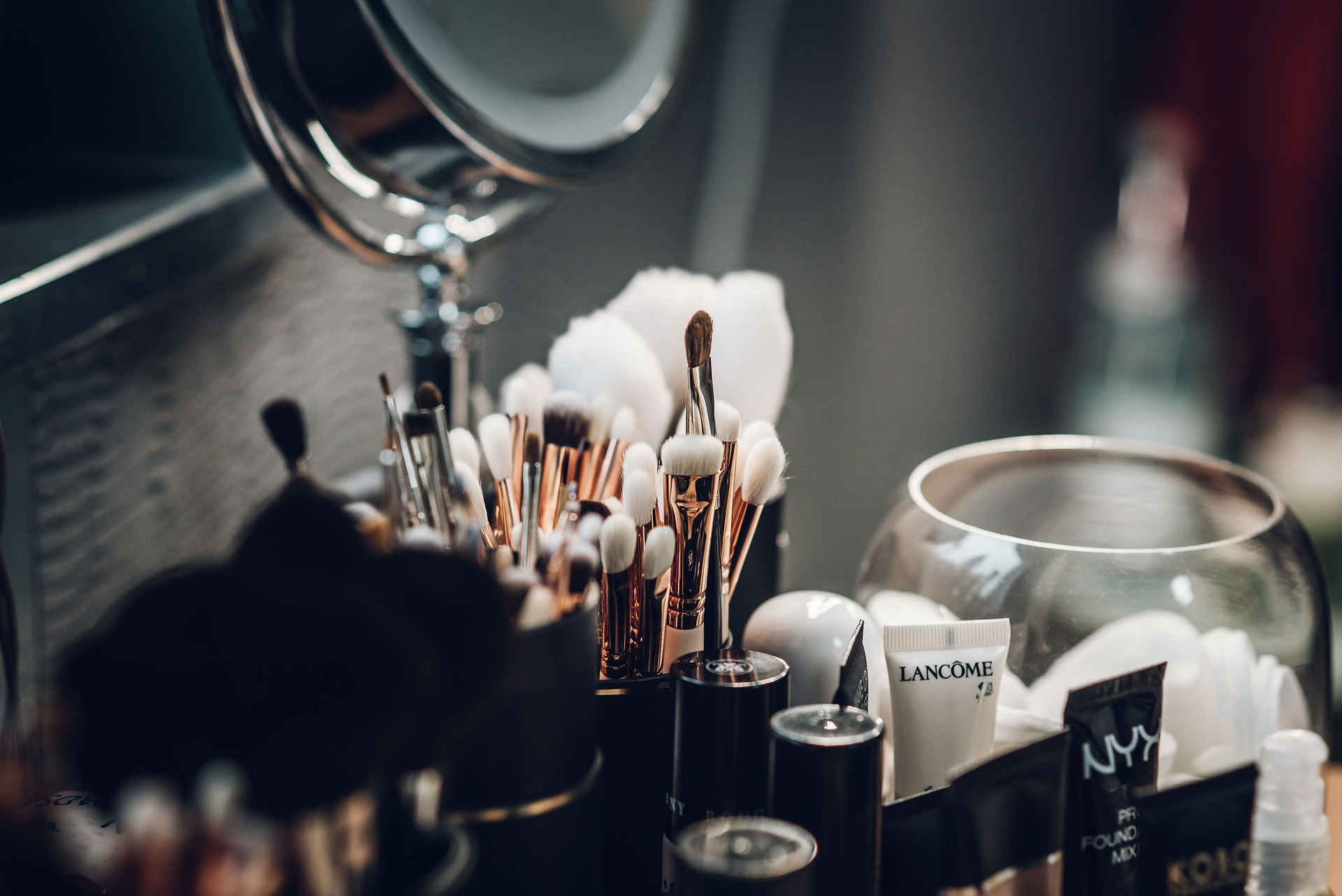
Image Source: Pixabay
What is Private Label Cosmetics?
In private label cosmetics, one company manufactures beauty products sold under a different brand name. Even if you are a starter, you can succeed in this business by finding the right private label cosmetics manufacturer, developing your own beauty line, and marketing private label products.
Private label companies are becoming popular because they allow business owners to start with little capital. This is because they allow entrepreneurs to access cosmetic products and sell them under their own brand name.
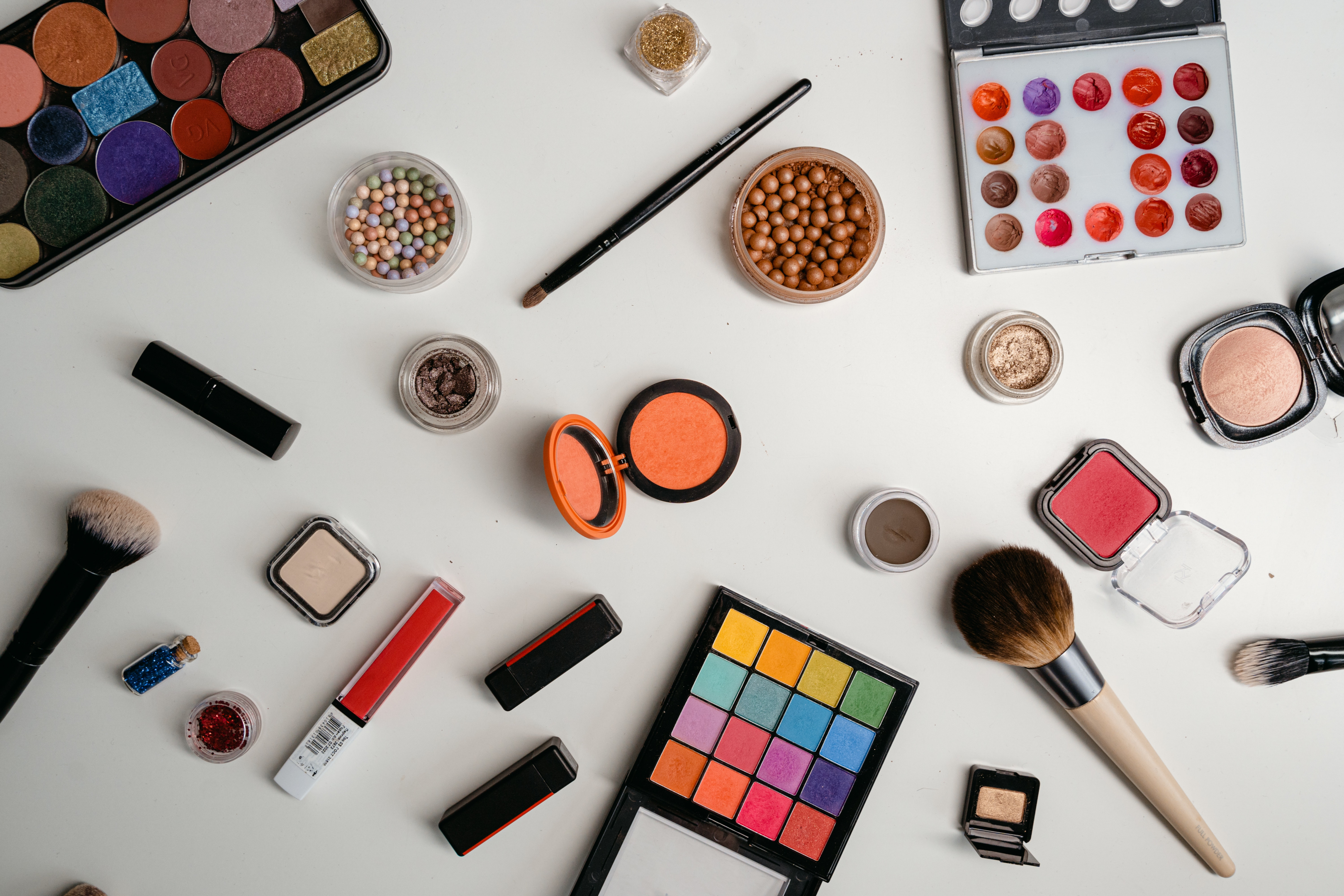
Image Source: Pexels
How to Start a Private Label Cosmetics Company
Launching your own private label cosmetics line requires you to do several things. They include:
Identify Profitable Cosmetic Products
Starting a pinnacle cosmetics business begins by identifying profitable products that have a high number of potential customers. This involves conducting market research to understand customer trends, competitors, and products already in the market.
There are numerous tools and techniques for finding the right products to sell. They include:
- Visiting cosmetic stores and retailers: Visiting the most popular retailers helps you see what they have. It may also provide ideas for various packaging options and potential suppliers.
- Google Trends: Google Trends assist you in identifying the general interest for a specific keyword. Moreover, this tool will show you whether searches for the term are declining or increasing.
- Amazon’s Movers and Shakers: This tool displays Amazon’s biggest gainers in sales over the last 24 hours.
- Amazon’s Best Sellers list: This list shows Amazon’s most popular products.
Amazon’s Movers and Shakers and Best Sellers list allow you to narrow the list by category and subcategory. Moreover, the lists are updated frequently, and you can filter by location. For instance, you can search for the best-selling lipsticks in Canada.
Find Your Niche
You can create a successful private label cosmetics company by selling a few skincare products. However, this will require you to identify a niche and build a brand around a specific category.
For instance, building a cohesive brand around clean beauty or organic cosmetics is a great choice. The value of the worldwide clean beauty market was over seven billion U.S. Dollars. Moreover, it is expected to hit 14.36 billion U.S. Dollars by 2028.
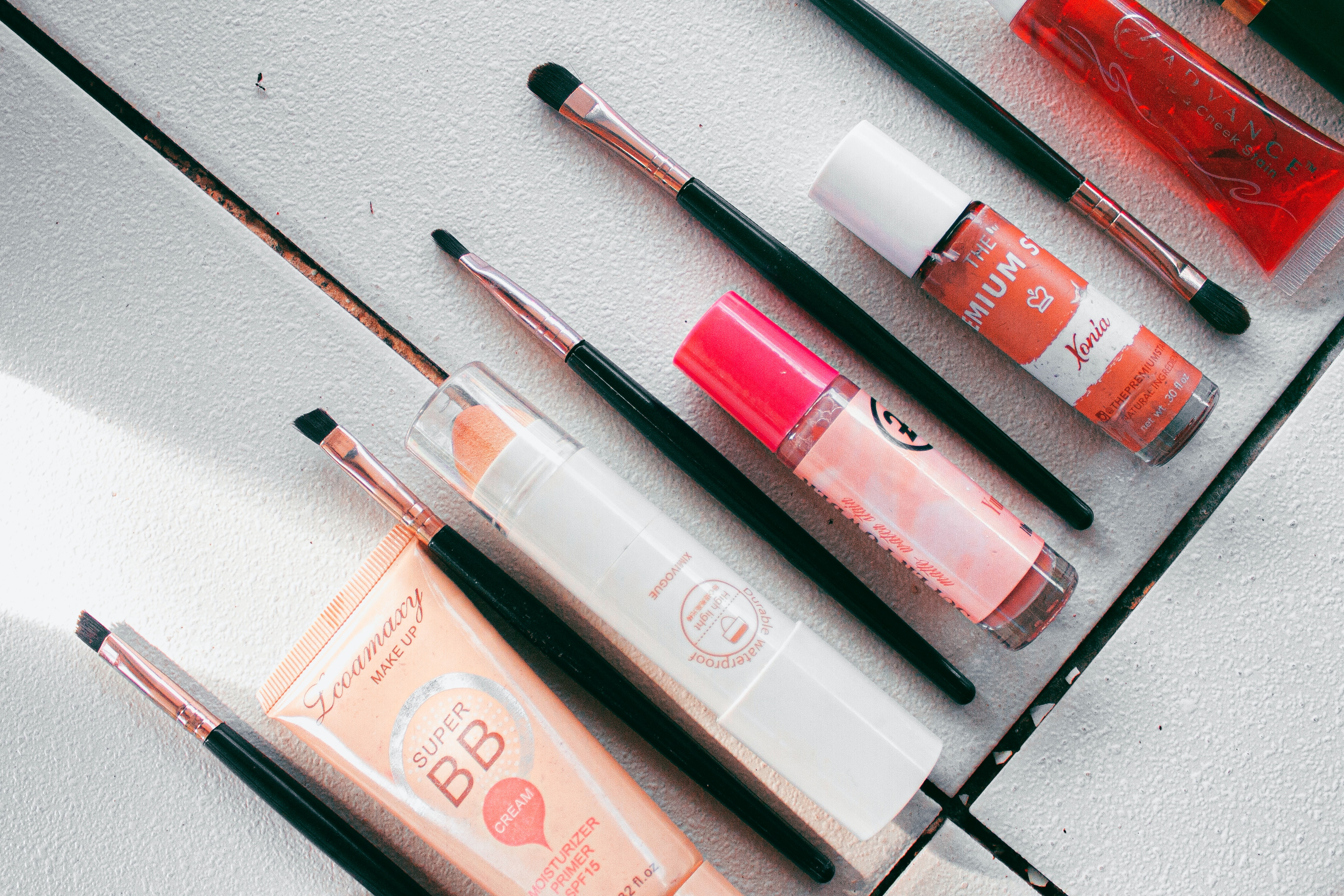
Image Source: Pexels
Find a Reputable Private Label Cosmetics Manufacturer
You can source cosmetic products online or by visiting manufacturers in person. However, remember your preferred niche before you start shopping for a supplier. Most importantly, consider customers’ preferences for chemicals and unnatural ingredients to avoid turning off buyers.
Vet the companies that manufacture cosmetics to ensure they are reliable business partners. Ensure the products comply with all the regulations. While you may find an overseas private label manufacturer willing to offer lower prices, ensure they meet all regulations and legal standards. This will save you from complaints and costly lawsuits.
Request and Review Product Samples
While requesting samples may cost you some money, it allows you to check products in person. Most private label manufacturers allow a single sample order or sample kits at a reduced price.
If you are shopping online, request the supplier to ship samples to you. You can pick samples at trade shows or visit the suppliers in person.
Once you receive your order samples, review each product thoroughly and ensure it fits your beauty line and meets all expectations. You may also consider the opinion of others, such as retailers and spas, who are your potential customers.
Decide Your Marketing and Selling Strategy
You should decide how to market your brand and sell products before placing your first order. Setting up multiple sales channels may take time and effort. But you can start small and expand as your revenue grows.
Here are some sales channels to consider.
- Brick-and-mortar store: This involves having a physical store where your potential customers will buy in person.
- Online marketplace: You can create an e-commerce website to connect your brand with your customers. Selling your products on existing marketplaces like Amazon and Shopify is an excellent option.
- Social media: Selling your private label cosmetics products on social media platforms like Instagram, Facebook, and TikTok is also viable.
It is important to note that your brand isn’t limited to a single sales channel. Incorporating multiple channels allows your brand to reach a wider audience. For instance, you can have a store and still sell on social media and online marketplaces. You can even create an app for your store.
Choose a Company Name and Logo
Customers will refer to your company name whenever they interact with your brand. Thus, you must choose a name before you start selling. Choose a name that is catchy and memorable. Remember to register your business and pay for all the necessary permits.
A logo is also vital because it makes a strong impression and grabs attention. Moreover, it identifies your brand, fosters loyalty, and separates you from competitors.
Design Your Branding and Packaging
Creating your own brand ensures that you stand out from the rest. Customers pay close attention to labeling, branding, and packaging. Thus, your packaging should reflect your brand and be professional.
Your private label manufacturer may provide images for branding and packaging. All you need to do is to provide your logo design. However, they will charge for packaging and printing labels. You should research and decide whether providing your own packaging will be cheaper.

Image Source: Pexels
Place Your First Order
Ordering products is the last step when launching your private label cosmetics business. After placing your order, you will have a few weeks before it arrives. This enables you to confirm that everything is in order.
Conclusion
Customers spend a considerable amount on cosmetics every year. This industry has a ready market, making it easier to tap into. Moreover, launching a private label cosmetics company is an affordable business option for starters.

